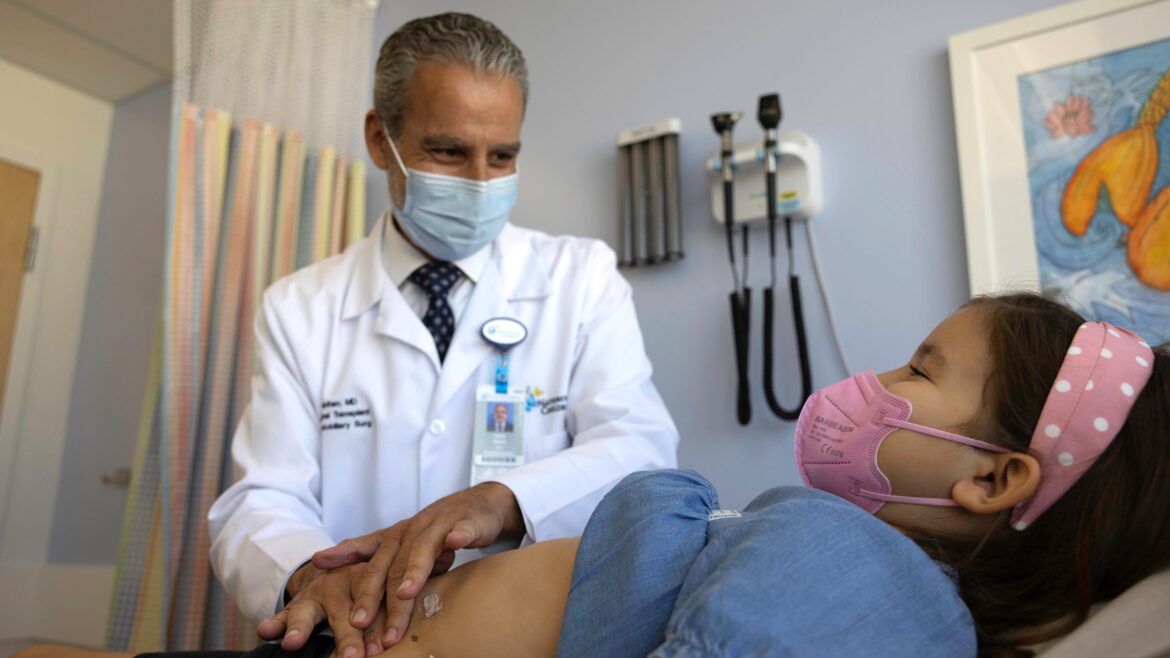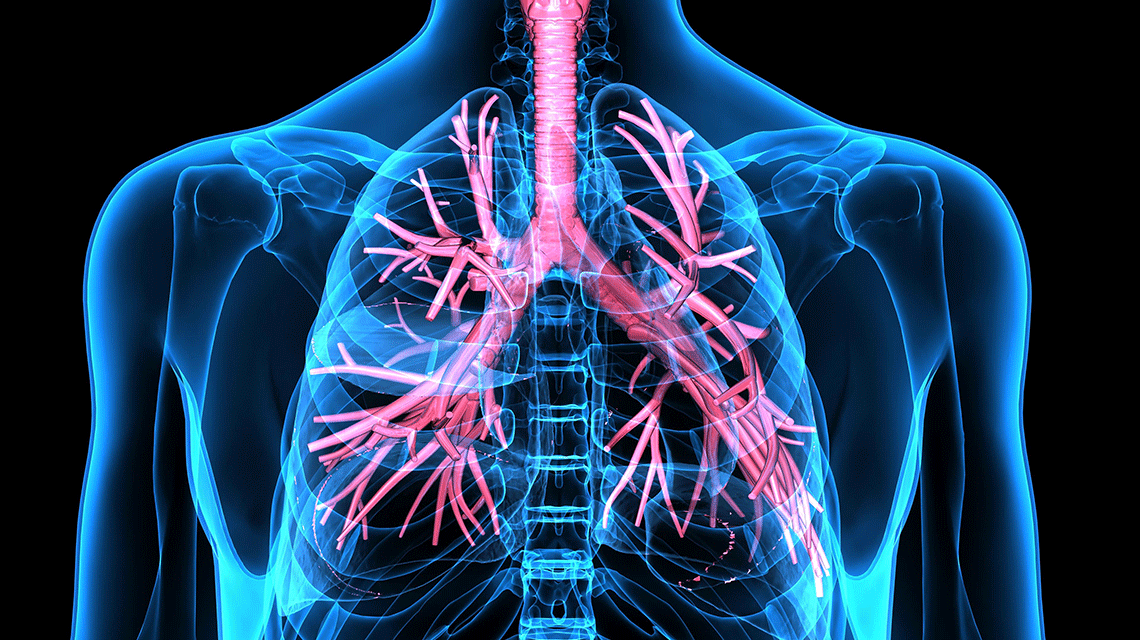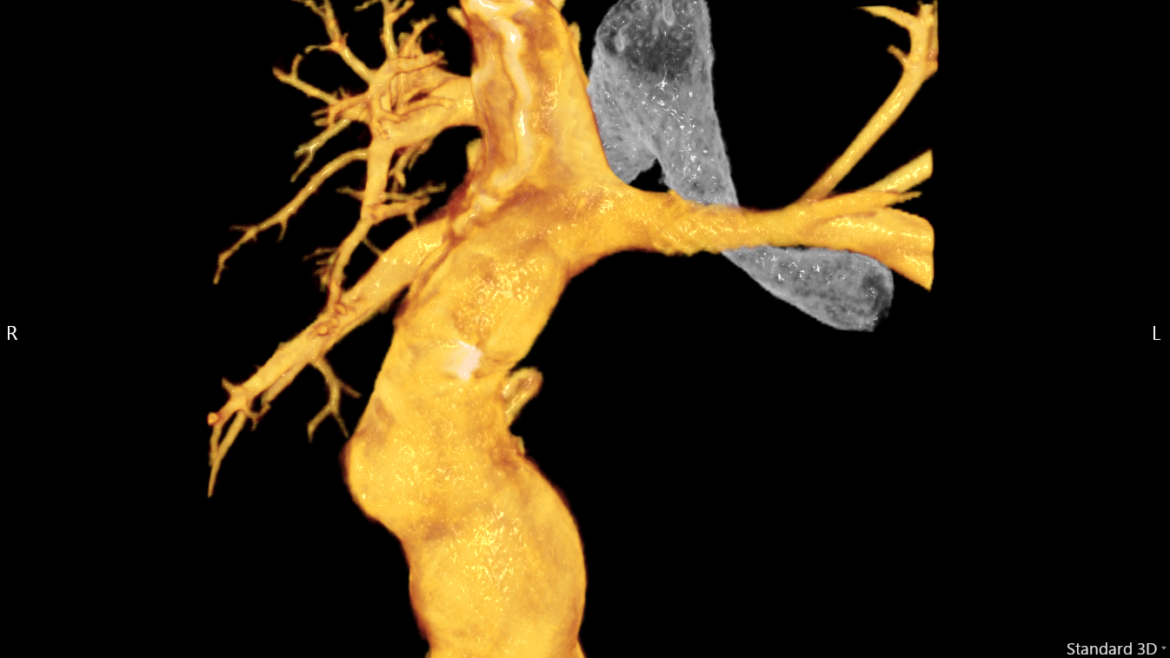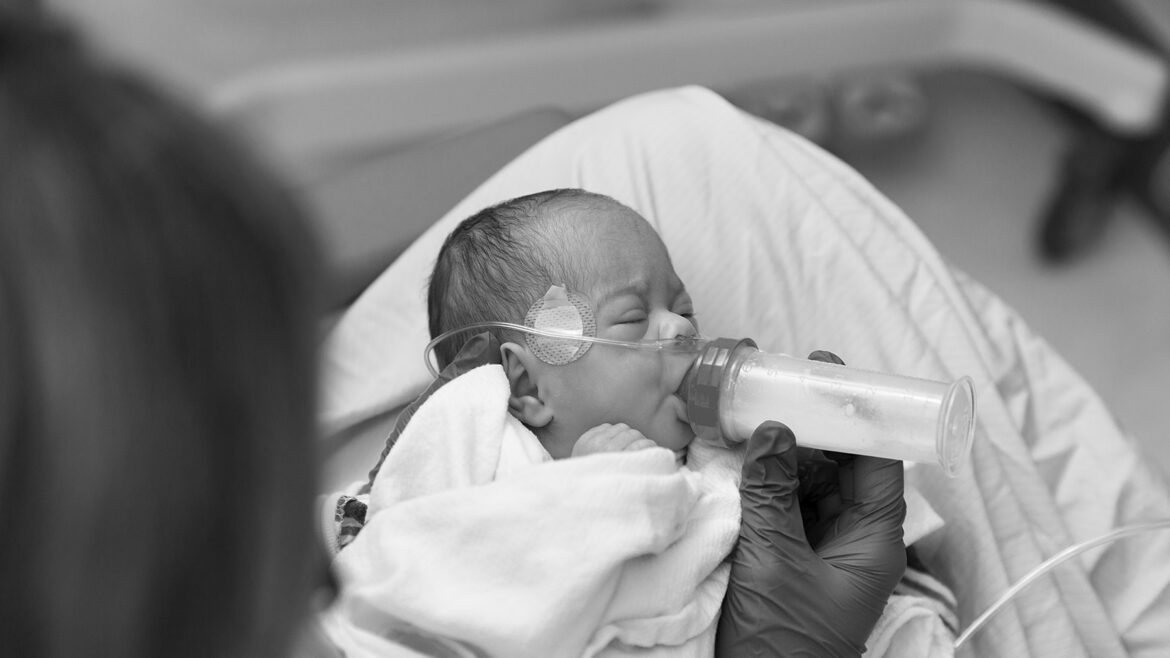Robotic Approach to Rare Case Leads to Best Possible Outcome
Robotic Approach to Rare Case Leads to Best Possible Outcome https://pediatricsnationwide.org/wp-content/uploads/2022/11/fLKHq3C0-1024x683.jpeg 1024 683 Emily Siebenmorgen https://pediatricsnationwide.org/wp-content/uploads/2023/05/Emily.Siebenmorgen-scaled-e1684876333147.jpgA rare tumor in a child from Greece is resolved by robotic spleen-sparing distal pancreatectomy. Hospital visits can feel like a foreign experience for anyone, especially so when your hospital is actually in another country. But eight-year-old Evangelia felt especially at home after traveling to Nationwide Children’s Hospital from Greece for her care. Evangelia’s first…









